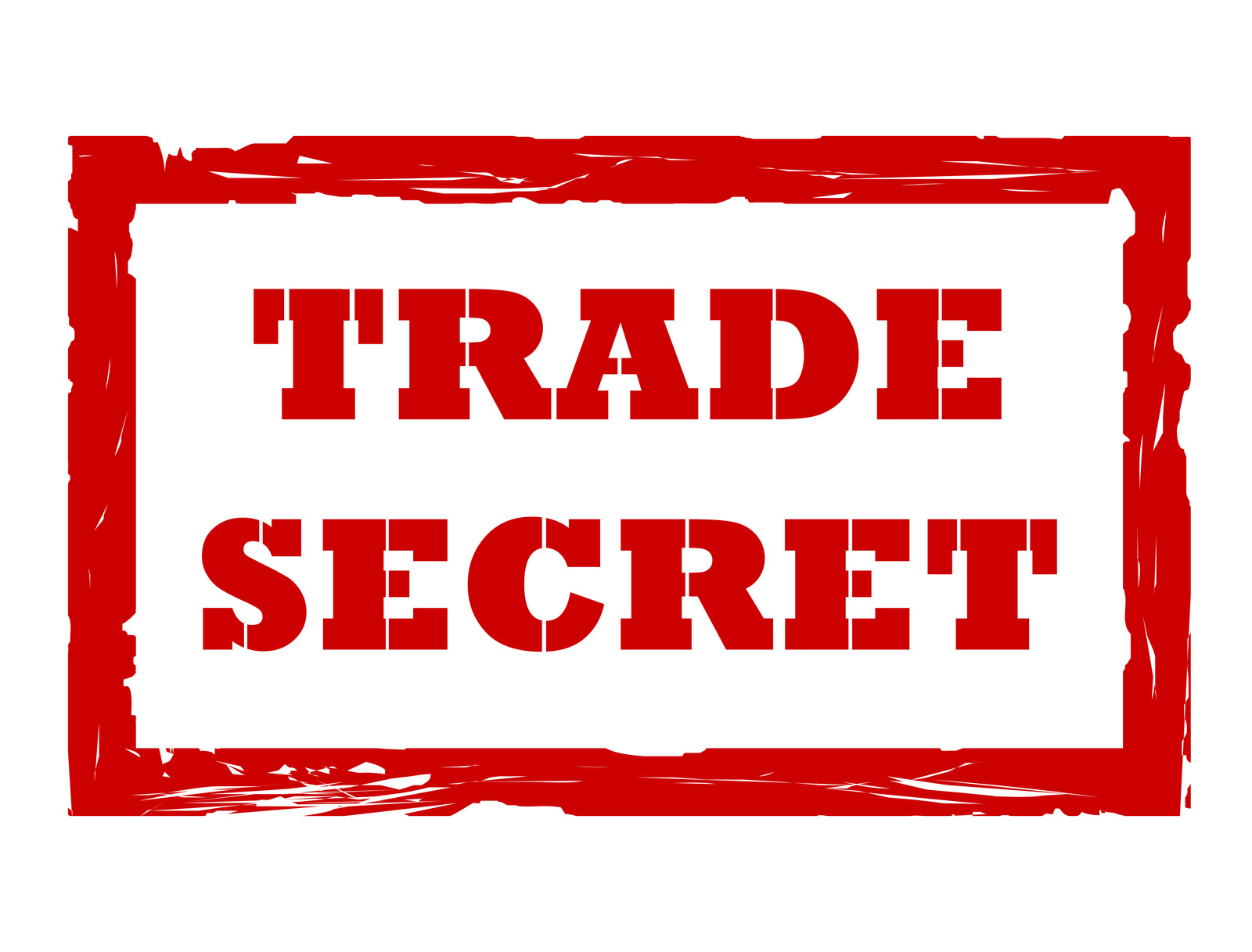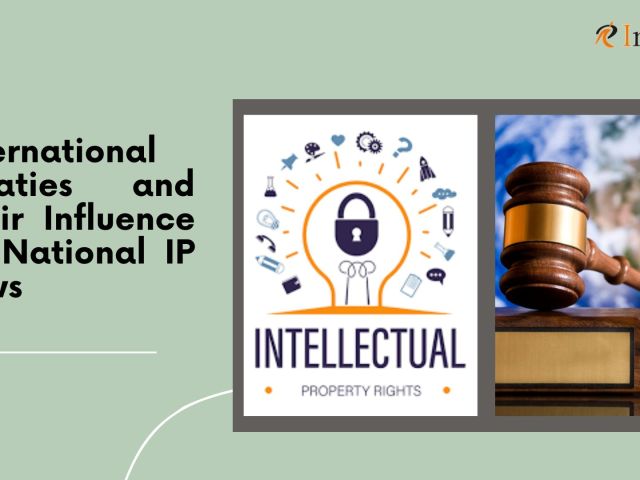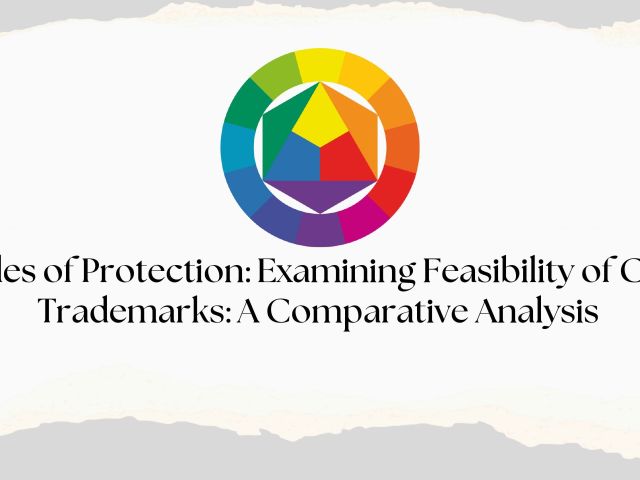Companies are notching up to the top. Every company has intellectual property assets that can be protected by the law. Not all are ready to enforce it. The reason can be unawareness or trade secret. The Uniform Trade Secrets Act (UTSA) defines a trade secret as any confidential business information which provides an enterprise a competitive edge. Formulas, programs, devices, techniques, and processes are all protected by the UTSA. Trade secrets may concern inventions or information that is not viable for a patent and therefore, can only be protected as a trade secret. However, some inventors with patentable ideas still choose to hide their intellectual property. Anything that gives you an advantage against a competitor is highly valuable and worth protecting.
Trade secrets come in an endless array of types, for example:
– R&D information
– Software algorithms
– Inventions
– Designs
– Formulas
– Ingredients
– Devices
– Methods
When a business is developing or acquiring new information, there is more than one option to secure IP rights. Patenting for inventors is the most common method of protection. Some IP owners choose to rely on tradesecrets to prohibit misappropriation of their ideas.
NATIONAL CONVENTIONS
It was acknowledged at the GATT negotiations that if any information that is ‘confidential’ is used by any person for another party, such a person would be held liable for Unfair Practice. In order to fulfill the above objective, Section 39 of the TRIPS say that information that is to be treated as a trade secret can be protected under Article 10(b) is of the Paris Convention.
The members of the company should safeguard unrevealed information from financial abuse. If a company provides information or data to the Government for further approvals or regulations, such data needs to be protected from seepage or theft by third parties. NAFTA and its member countries to protect trade secrets from unauthorized acquisition, disclosure, or use. Remedies must include injunctive relief and damages. In reply to NAFTA, Mexico has modified its 1991 trade secrets law to sanction private litigants to gain injunctive relief.
LAWS IN INDIA
Although trade secrets are a recognized form of IP, there is no specific legislation for their protection. These continue to be enforced contractually or under common law. The only insertion of clauses that protect the confidentiality of the secrets of the company in the agreement with the employees not only during their employment period but also after they are terminated can be done. The remedy available to the title-holder of trade secrets is to attain an injunction averting the licensee from disclosing the trade secret, the return of all confidential and proprietary information, and compensation for any losses endured due to leakage of trade secrets.
American Express Bank Ltd. v. Ms. Priya Puri Delhi High Court, in this case, defined trade secrets as “… formulae, technical know-how or a peculiar mode or method of business adopted by an employer which is unknown to others.”
Mr. Anil Gupta and Anr. v. Mr. Kunal Dasgupta and Ors the Delhi High Court held that the concept developed and evolved by the plaintiff is the result of the work done by the plaintiff upon the material which may be available for the use of anybody, but what makes it confidential is the fact that the plaintiff has used his brain and thus produced a result in the shape of a concept.
FAMOUS TRADE SECRETS
THE GOOGLE SEARCH ALGORITHM
Google had developed a search algorithm which it continues to refine. Continuous changes are made to keep businesses. It is the top search engine today and shows no signs of giving up its place.
KENTUCKY FRIED CHICKEN
The undisclosed ingredients for KFC’s novel recipe were kept in Colonel Sanders’ head. The recipe was eventually written down; moreover, the original handwritten replica is in a safe in Kentucky. The formula is known to selected employees who are bound by an agreement of confidentiality. Two separate companies blend a portion of the herb and spice mixture for better protection. It is then mechanically processed to homogenize the blending before sending restaurants.
COCA-COLA
The recipe of Coca Cola was branded as a trade secret instead of being patented, as it would have lead to the disclosure of ingredients. Two employees each know only half the recipe or that only two people know the combination to the safe where it is stored.
MCDONALD’S BIG MAC SPECIAL SAUCE
The special sauce recipe was a trade secret so hidden that it got lost in the 1980s during reformulation. Fortunately, McDonald’s was able to regain the procedure from the original person or company that initially produced the sauce, as the recipe was still in the records.
Comprehending the need for legislation for the fortification of trade secrets, a bill named “The Personal Data Protection Bill,” which was pioneered in Rajya Sabha on 8th December 2006, but regrettably the bill has not been passed till now. It is pending the approval of the Indian Parliament before it can become an act.
You may also be interested in reading the following post:
Trade Secrets Protection in India – Part I
Protection of Trade Secrets in India – Part II
Patent vs Trade Secret vs Defensive Publication




